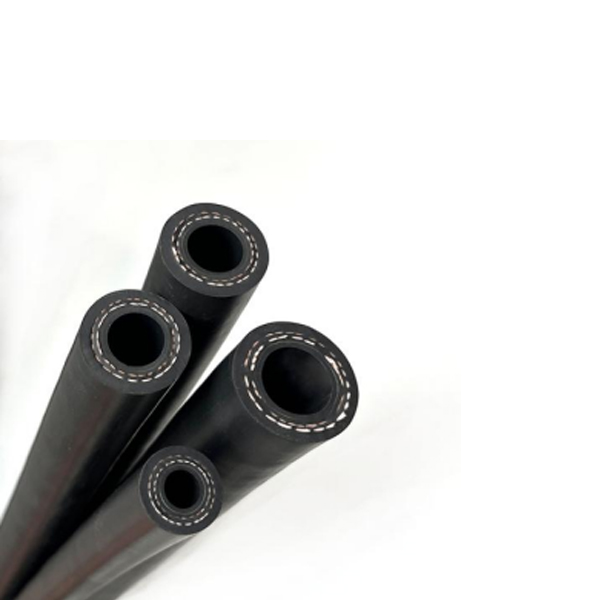Engine Oil Coolant Hose - High Performance Cooling Solutions
Sep . 10, 2024 03:21 Back to list
Engine Oil Coolant Hose - High Performance Cooling Solutions
Understanding the Engine Oil Coolant Hose Its Importance and Functionality
The engine oil coolant hose is a crucial component in the vehicle’s cooling system, playing a vital role in maintaining optimal engine performance. In any internal combustion engine, the efficient management of temperature is essential to ensure that the engine operates smoothly and reliably. Overheating can lead to severe damage and reduce the overall lifespan of the vehicle.
What exactly does the engine oil coolant hose do? Essentially, it serves as a conduit for transferring engine oil and coolant to and from the engine block and the radiator, which helps dissipate heat generated during combustion
. By circulating the coolant through the oil, it maintains a balance, preventing both oil and engine temperatures from reaching damaging levels.The oil and coolant system works in tandem with the vehicle's overall cooling mechanism. Coolant helps lower the temperature of the engine oil, which in turn maintains proper lubrication for engine components. When oil becomes too hot, it loses its viscosity, leading to inadequate lubrication. This can result in premature wear on engine parts, increasing friction and ultimately causing engine failure.
engine oil coolant hose

Regular maintenance of the engine oil coolant hose is essential. Over time, hoses can develop leaks or cracks due to wear and tear from heat exposure and vibrations. A malfunctioning hose can result in coolant mixing with oil or loss of coolant pressure, leading to overheating or inadequate lubrication. Therefore, it's vital for vehicle owners to inspect their hoses regularly for signs of wear and replace them as necessary.
Additionally, the installation of high-quality hoses can significantly enhance cooling efficiency. Many vehicle manufacturers recommend specific coolant types for each model, and pairing the correct coolant with an appropriate quality hose can improve overall engine performance. Users should be cautious when using aftermarket hoses, ensuring they meet or exceed OEM specifications.
To further extend the life of the engine oil coolant hose, it's advisable to check the vehicle’s coolant levels and change the oil at regular intervals as recommended by the manufacturer. This practice helps keep the cooling system efficient and prevents sludge buildup, which can clog hoses and other critical components.
In conclusion, the engine oil coolant hose is more than just a rubber tube; it is an integral part of the vehicle’s cooling system, critical for optimal engine health. Regular inspections and proper maintenance can prevent costly repairs and ensure that the engine runs smoothly for years to come. By understanding its importance, vehicle owners can take proactive measures to protect their investment and enjoy a reliable driving experience.
